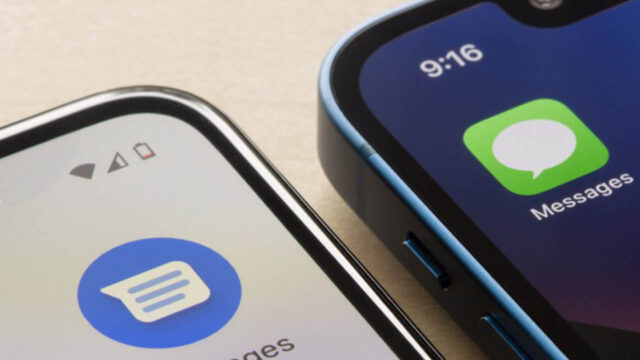Microsoft has quietly overhauled how gaming works across its platform. The latest features now live on Xbox on Windows PC bring Steam, GOG, and Epic titles into one synced library, blurring the lines between launchers like never before.
Xbox on Windows PC now connects your entire game collection

Instead of bouncing between storefronts, users can now see games from Steam, GOG, Epic, and Xbox Game Pass all in one interface. The system auto-detects installed titles and lists them in your My Library and Most Recent tabs, regardless of where you bought them.
It’s a frictionless way to manage a growing digital collection, and it’s fully optional. Players can filter out specific launchers to keep things clean.
Third-party launchers and better streaming are bundled in
A new My Apps tab gives fast access to third-party storefronts. You can launch GOG or Epic Games Store right from the dashboard, while controlling which platforms show up in your library.
Another upgrade? Xbox on Windows PC now supports 1440p cloud streaming, raising the cap from 1080p and pushing bitrates to 27 Mbps for smoother, sharper visuals. It’s currently limited to select titles like Avatar: Frontiers of Pandora, but signals a clear boost in quality.
Here’s a quick rundown of what’s new:
- Unified library for Steam, GOG, Epic, and Xbox
- Launcher filtering and quick-access tabs
- Up to 1440p resolution via cloud gaming
- Play history sync across devices
- Improved controller support
Play history on Xbox on Windows PC now syncs across devices
If you start a cloud-enabled game on your Xbox console, you can now pick it up on your PC or handheld without losing your place. Cross-platform play tracking keeps a clean history across all supported devices. It launched with Xbox Insiders earlier this year and is now live for everyone.
This brings true continuity to games that span multiple screens no extra save syncing required.
Portable future built on Xbox on Windows PC foundation
These changes also set the stage for the upcoming ROG Xbox Ally handheld, which will use this unified interface as its main OS layer. The shift hints at Microsoft’s broader portable strategy, where every screen becomes part of the same ecosystem.
For anyone juggling multiple launchers and hardware, Xbox on Windows PC is quickly becoming the only hub that matters.














